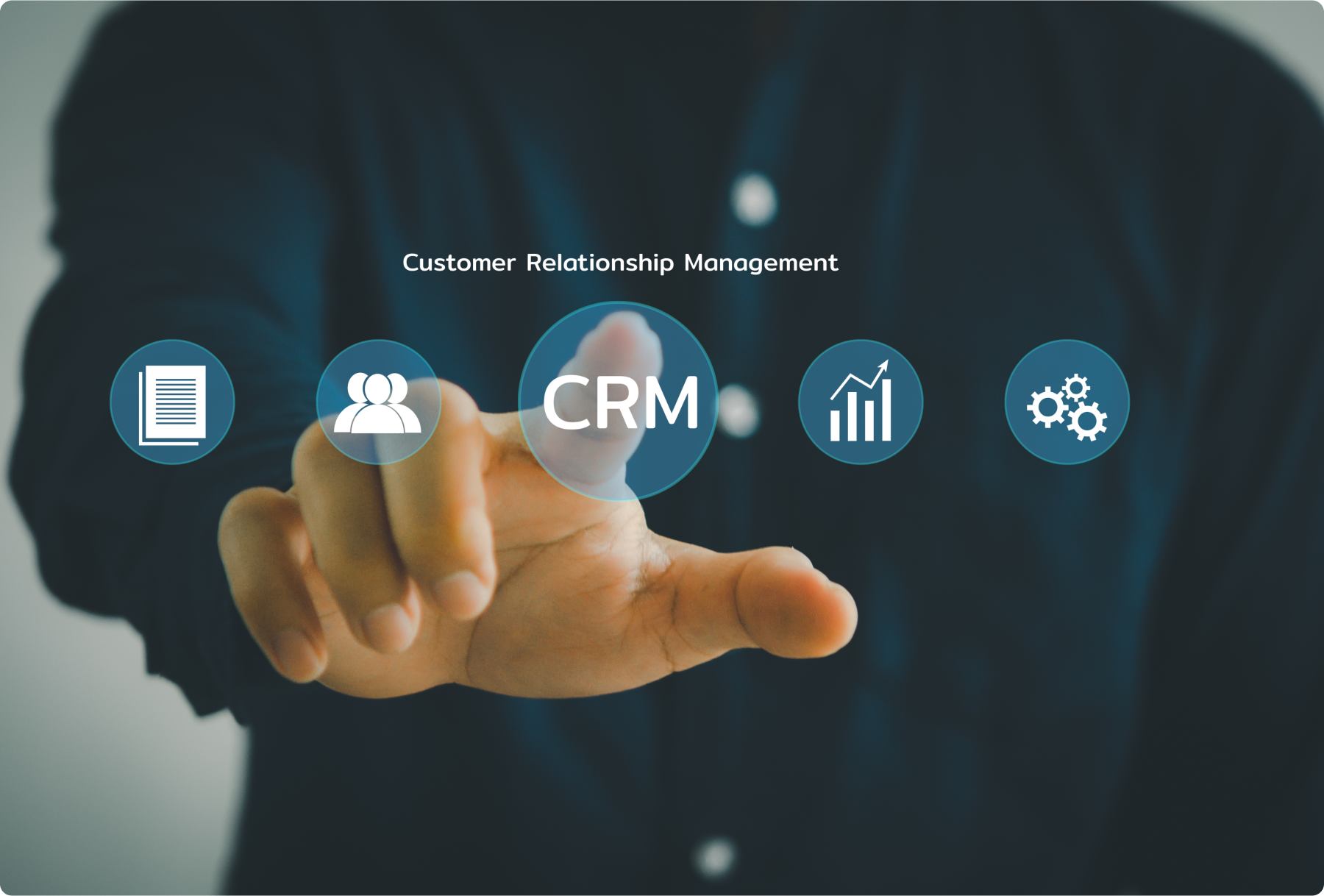Choosing the right Customer Relationship Management (CRM) system is crucial
for the success of small businesses.
Here are six key factors to consider when evaluating CRM options:
Ease of use:
Look for a CRM that is user-friendly and intuitive. Small businesses often
lack dedicated IT staff, so it's important to find a CRM that is easy to set
up, navigate, and use on a daily basis. A clean and intuitive interface will
ensure that your team can quickly adapt to the CRM without extensive
training.
Scalability:
Consider a CRM that can grow with your business. As a small business, you
want a CRM that can accommodate your current needs and expand as your
customer base and operations grow. Look for flexible pricing plans and
customizable features that can be tailored to your specific requirements.
Integration capabilities:
Ensure that the CRM integrates seamlessly with your existing tools and
software. It should be able to sync data with your email marketing platform,
accounting software, customer support systems, and other essential applications.
Integration eliminates the need for manual data entry and allows for a more
comprehensive view of your customer interactions.
Customization options:
Every business has unique processes and workflows. Look for a CRM that
allows you to customize fields, create custom reports and dashboards, and tailor
the system to match your specific business requirements. This flexibility will
enable you to capture and analyze data in a way that aligns with your business
goals.
Mobile App Accessibility:
Worke offers a mobile app, enabling you to stay connected and manage your
business on the go. Access important information, communicate with clients and
team members, and track progress, all from the convenience of your mobile
device.
Mobile accessibility:
In today's mobile-driven world, having access to your CRM on-the-go is
essential. Look for a CRM that offers a mobile app or a responsive web interface
that allows you to access and update customer information, manage tasks, and
track sales activities from your smartphone or tablet.
Customer support and training:
Consider the level of customer support and training provided by the CRM
vendor. As a small business, you may need assistance with initial setup,
training your team, and troubleshooting issues. Ensure that the CRM provider
offers reliable customer support, including online resources, documentation, and
responsive customer service.
By considering these six factors, you can make an informed decision when
selecting a CRM for your small business. A well-chosen CRM will help you
streamline your sales, marketing, and customer service processes, improve
productivity, and ultimately drive business growth.





